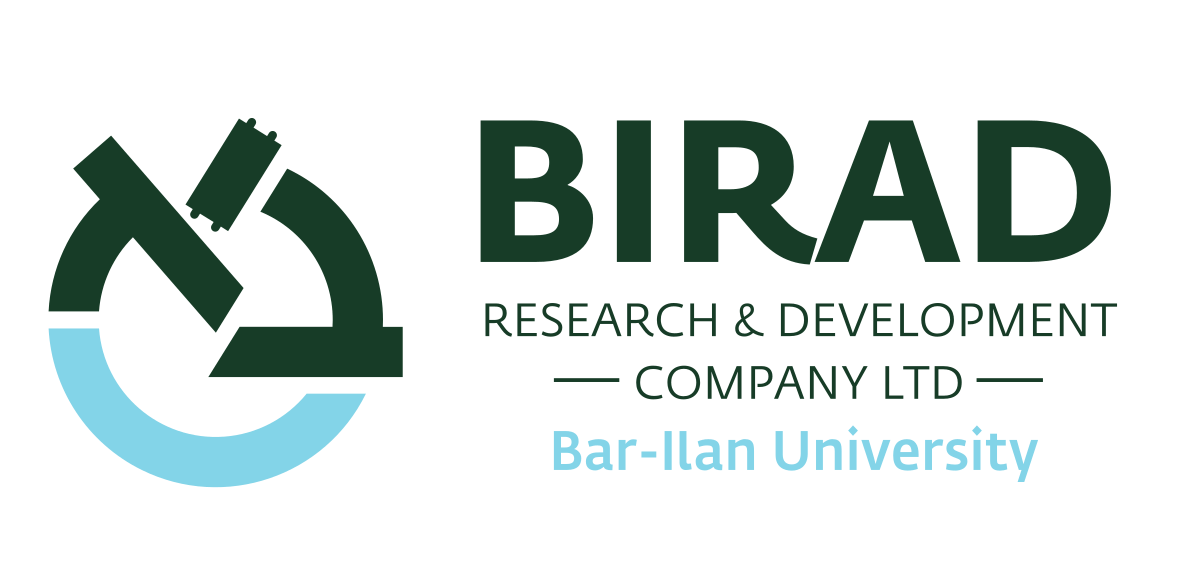Immunodominant Epitopes Identified for Designing Peptide-Based Vaccine Against SARS-CoV-2

There are currently no licensed vaccines available for COVID-19. While several antiviral drugs have been tested, none has proved to be completely effective against the disease. In a study just published in the journal MDPI Vaccines, researchers from Bar-Ilan University have identified a set of potential immunodominant epitopes from the SARS-CoV-2 proteome. These epitopes are capable of generating both antibody- and cell-mediated immune responses. The findings of this work may thus contribute to developing a peptide vaccine against SARS-CoV-2 infections which can stop the COVID-19 outbreak and future pandemics caused by coronaviruses.
Led by Dr. Milana Frenkel-Morgenstern, Head of the Cancer Genomics and BioComputing of Complex Diseases Lab at Bar-Ilan University’s Azrieli Faculty of Medicine, the researchers took an immunoinformatics-based computational approach to mine the protein content of SARS-CoV-2 and subsequently identified immunodominant epitopes of the virus. Immune responses that are based on specific immunodominant epitopes involve the generation of both antibody- and cell-mediated immunity against pathogens presenting such epitopes. Such immunity can facilitate fast and effective elimination of the pathogen.
The team of researchers that also includes Sumit Mukherjee, Dmitry Tworowski, Rajesh Detroja and Sunanda Biswas Mukherjee, identified 15 potential immunogenic regions from three proteins of SARS-CoV-2, and mapped 25 immunodominant epitopes on other SARS-CoV-2 proteins. To confirm that these epitopes could serve to provide immunity to a global population, the percentage of individuals that express a major histocompatibility complex (MHC) capable of recognizing any of these epitopes was determined. Accordingly, seven epitopes were deemed to be present in more than 87% of the worldwide virus-affected population. Further structural molecular docking analyses estimated the binding interaction of these potential epitopes with human MHC. Complete lists of MHC proteins that recognize each epitope have been generated and are presented in both the submitted manuscript and a provisional US patent application (US 63/034.416).
The seven epitopes were tested using multiple tools to verify their non-allergenic and non-toxic natures, as well as to demonstrate that they carry a low risk of triggering any autoimmune responses. Together, such results indicate that these seven epitopes represent potentially effective vaccine candidates. Indeed, the development of vaccines using these immunodominant epitopes could activate both humoral and cellular immune responses in humans comprising a major fraction of the world’s population.
This study was funded by grants from the PBC Fellowship Program and the Data Science Institute (DSI) at Bar-Ilan University. The Frenkel-Morgenstern group currently seeks partners in industry as well as at medical centers to advance their efforts at developing a peptide-based vaccine for COVID-19.
Recent Posts
Categories
Archives
- December 2023
- August 2023
- January 2023
- April 2022
- March 2022
- February 2022
- December 2021
- November 2021
- October 2021
- August 2021
- July 2021
- June 2021
- May 2021
- April 2021
- March 2021
- December 2020
- September 2020
- August 2020
- June 2020
- February 2020
- January 2020
- December 2019
- August 2019
- July 2019
- June 2019
- May 2019
- April 2019
- March 2019
- February 2019
- January 2019
- December 2018
- November 2018
- October 2018
- September 2018
- August 2018
- July 2018
- June 2018
- May 2018
- April 2018
- March 2018
- February 2018
- January 2018
- December 2017
- November 2017
- October 2017
- September 2017
- August 2017

Recent Comments